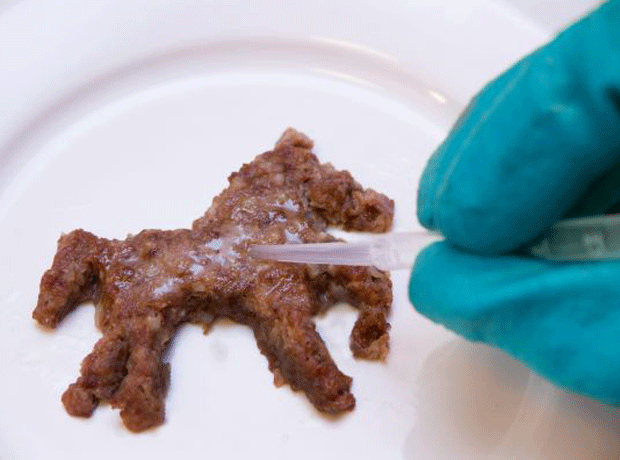
Sir, More than 10,000 tonnes of illicit food and drink has been seized across 57 different countries in a major crackdown on food fraud to date (‘Biggest ever crackdown on food crime,’ 2 April, p4).
The fact that such a vast amount of illegitimate products have been identified following a three-month initiative by Interpol and Europol might appear to be an indicator that the issue of food fraud is worsening - but in my opinion that’s not necessarily the case. Rather, it’s revealing the true extent of how commonplace fraudulent activity is, and possibly always has been, in the food industry.
When striking headlines about horsemeat and monkey meat capture the public’s attention, renewed pressure is placed on the food industry to reassure end-customers that the supply chains they use are legitimate. But it’s essential that this pressure to ensure food products are authentic becomes the norm and in turn, the food industry continues to invest in new technologies to allow it to better regulate its products.
Since the horsemeat scandal in 2013, some positive changes have been made in the industry, with many retailers and manufacturers taking a harder line on their suppliers - demanding a higher standard of product verification. However, in order to see real change, food fraud detection in the UK and globally must improve, with more co-operation across geographical borders.
Dr Mike Bromley, founder, Genon Laboratories







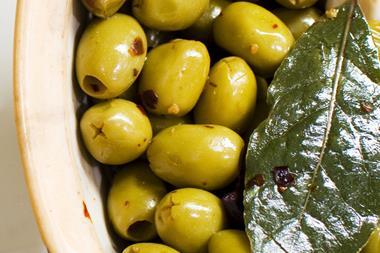

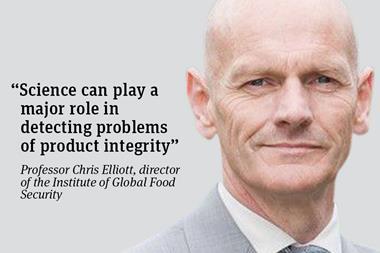
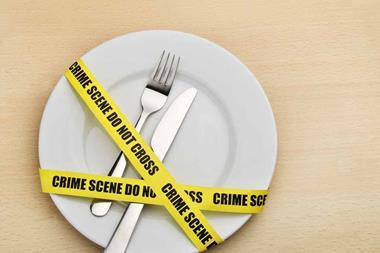
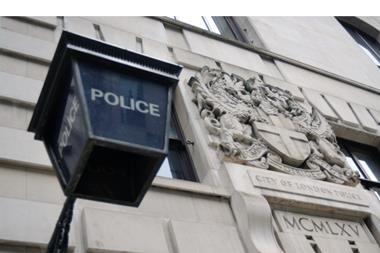
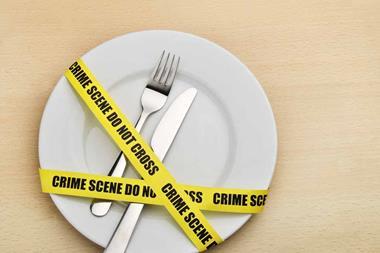






No comments yet